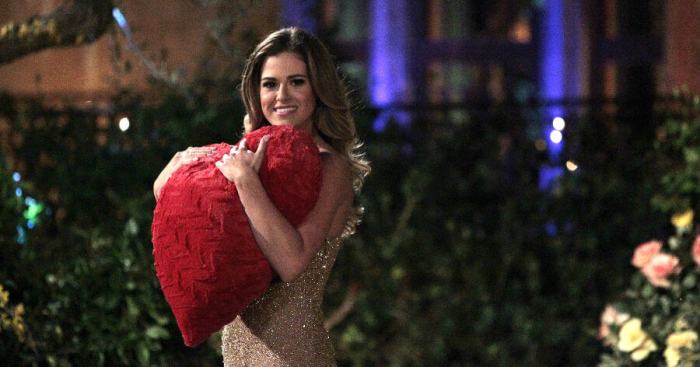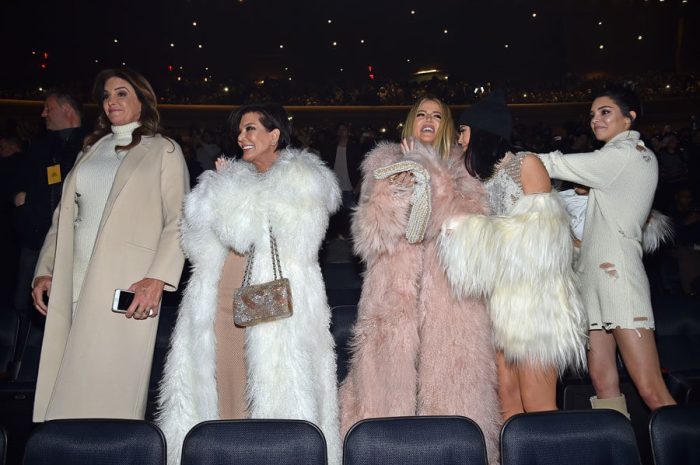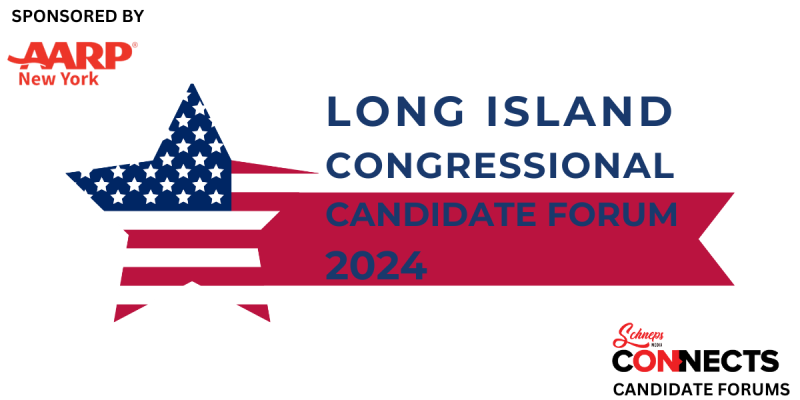During a recent episode of “Survivor,” a transgender man was outed by another contestant who was on the chopping block. If there is a cash prize involved, federal regulations prohibit reshooting a voting scene, but show producers opted not only to keep the outing rather than edit it out in postproduction, but to also use the ominous promise of a deep secret as a promo for the episode.
Lillian Rivera, the director of advocacy and capacity building for the New York-based advocacy organization the Hetrick-Martin Institute, helped us wade through the pool of questions the televised outing brought up.
To imply that “Survivor” contestant Zeke Smith was being deceptive, ergo untrustworthy, Jeff Varner, a fellow contestant and a gay man, asked on last week’s episode, “Why haven’t you told anyone here you’re transgender?”
“In calling me deceptive, Varner invoked one of the most odious stereotypes of transgender people, a stereotype that is often used as an excuse for violence and even murder,” Smith wrote in an essay for The Hollywood Reporter.
(After the episode aired, America found out that Varner was not only voted off the show by the Tribal Council, but also fired from his job as a real estate agent.)
Host Jeff Probst told Entertainment Weekly that he has not commented openly about anything that has transpired during 34 seasons of “Survivor,” but said what was done to Smith was not OK on any level, “under any circumstances, and certainly not simply because there was a million dollars on the line. … You just don’t do that to someone.”
We asked Rivera about the possible fallout for someone who has been forced “out.”
Are there dangers associated with outing someone?
Yeah there are definitely dangers with outing someone because we don’t know how folks around them will respond and that’s the challenge.
Transgender folks could lose their housing or lose their jobs or lose connections with people who are connected to them like family.
We had that recent outing on “Survivor” — for young people, that might be another reason not to come out. People should be allowed to come out on their own terms.
For young people, it’s particularly concerning because they don’t have all the resources adult have … They could lose their families. One of the reasons we have so many homeless LGBT teens is because of family rejection.
Tonight we Merge. Game on. #Survivor pic.twitter.com/X8SyDzCPPW
— Zeke Smith (@zekerchief) April 19, 2017
Aside from the threat of physical danger, are there psychological implications from someone being forced to come out?
There is. When we’re rejected on any level, there’s a pulling away so we experience isolation and isolation leads to depression and anxiety and if we do pull away it’s from people in our security network.
And for trans folk who often encounter violence in the world, when they lose this security, it could impact their emotional well-being.
To learn how to be a better ally to trans people, click the link below. *Spoiler alert* Don’t out people. https://t.co/5uBmPMwNgx
— Zeke Smith (@zekerchief) April 13, 2017
What about the hype surrounding the outing on “Survivor”? The audience was baited into thinking Zeke harbored a nefarious secret.
I think it’s important that we not sensationalize people’s personal lives. … I think it’s unfortunate we want to “other” transgender people; we want to make transgender people sort of into some sort of horrible thing if they don’t share their trans history
If that is sort of impacting our decisions — it really shouldn’t change how I interact with someone, I should respect everyone.
Sensationalizing removes their humanity.
Zeke was outed by another member of the LGBT community. He later apologized, but could this prevent others from coming out?
The reason [transgender people] will not share is because the world is not safe for them. Transgender people are the most likely to be victims of hate crimes within the LGBT community.
With the understanding that sexual orientation and gender identity are different constructs and coming out is a similar process … it’s unfortunate that someone from the community would do this to someone else from the community.
— Jeff Varner (@JEFFVARNER) April 13, 2017
What is being done to combat discrimination against trans people in the gay community?
The LBGT community is primarily made up of folks with a diversity of sexual orientations. The role of trans folks isn’t understood and it’s something we have to learn.
I think it’s something that the community is looking at now.
Prioritizing transgender leadership, building the capacity of transgender folks, allowing for transgender representation with organizing issues or setting agendas.
If a transgender person is living their truth, as Zeke said, is it necessary for a transgender person to “come out”?
It really is not necessary for a trans person to come out if they’re living their life — it can increase visibility to young people, but for some people, it really isn’t important.
[Zeke is] a man and that’s who he is. This is a piece of his identity that he may want to share or he may not want to share.
Transitioning is a temporary identity. Once [transgender people] reach congruency, they’re who they are and it should be respected and valued.
GLAAD worked with Zeke after the episode of “Survivor” aired to ensure he had the chance to tell his truth. Was intervention a help or should advocacy organzations like GLAAD do everything in their power to prevent the outing?
It really depends on the person — the autonomy and the power has to be with the person.
We definitely let them lead the way. Do they need mediation with that other person? … The last thing they need after being traumatized and having that power taken away is having it taken away again.
Any last thoughts?
I wonder what this is going to mean for this person who got outed in terms of their emotional well-being, because you have that ripple effect, and how is that really going to impact this person? Is it going to cause loneliness, depression and anxiety or is it going to create opportunities?

